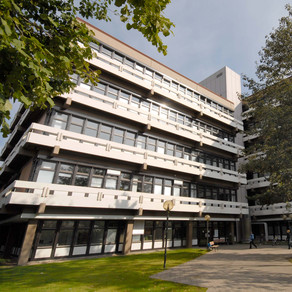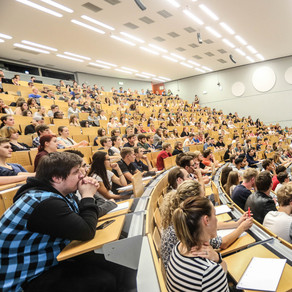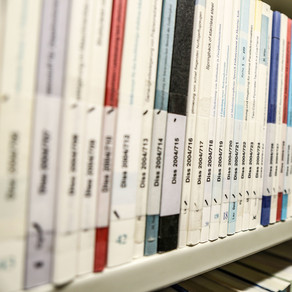Lecture Series: Philosophy of Science and Machine Learning

Description
In an age where artificial intelligence (AI) is transforming science, it becomes increasingly important to reflect critically on the foundations, methodologies, and implications of these advancements. This lecture series will investigate fundamental issues in AI from the vantage point of philosophy of science, which includes topics such as the transparency and interpretability of AI within scientific research, or the impact of AI on scientific understanding and explanation.
This lecture series is a special edition of the AI Colloquium at TU Dortmund University, coorganized by the Lamarr Institute for Machine Learning and Artificial Intelligence, the Research Center Trustworthy Data Science and Security (RC Trust), and the Center for Data Science & Simulation at TU Dortmund University (DoDas). The Lecture Series is organized by the Emmy Noether Group „UDNN: Scientific Understanding and Deep Neural Networks”, and generously funded by the German Research Foundation (DFG; grant 508844757).
Time & Place
Thursdays, 4:15pm, room 303, Joseph-von-Frauenhofer-Str. 44227 Dortmund
Speakers
17.10.24 André Curtis Trudel (University of Cincinnati) „On finding what you’re (not) looking for: prospects and challenges for AI-driven discovery“
28.11.24 Tim Räz (University of Bern) „The Concept of Memorization in Machine Learning“
12.12.24 Stefan Buijsman (TU Delft)
23.01.25 Nina Poth (Radboud University Nijmegen) „Common Sense and the Limits of AI“
Participation
Participation is free, but places are limited. If you are interested in participating online, please register via the following form:https://forms.microsoft.com/r/W3whw0ac3B. If you would like to attend in person, please send an e-mail to udnn.ht@tu-dortmund.de.
We look forward to your participation and insightful discussions.
Kind regards,
The UDNN team (https://udnn.tu-dortmund.de/)
Main Organizers
Annika Schuster, Frauke Stoll, and Florian J. Boge






